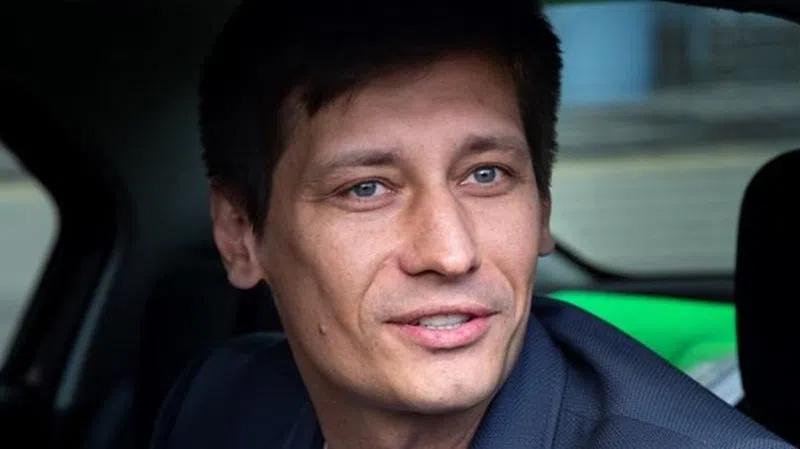
Russian lawmakers move to keep Putin in power past 2024
MOSCOW — Russian lawmakers on Wednesday rapidly rubber-stamped sweeping constitutional changes that could keep President Vladimir Putin in power until 2036.
If Putin won and completed two more terms as president, it would make him the ruler of Russia for 36 years — longer than any other leader in its modern history.
The measure must still be approved by the country’s constitutional Court and by a nationwide vote next month before they come into force. Putin’s critics called for protests, condemning the move as a way to keep him in office after he hits his term limit in 2024.
The Kremlin-controlled lower house, the State Duma, endorsed a set of amendments to the Russian Constitution and a provision that resets the term count for Putin once the revisions come into force. It passed the chamber by a 383-0 vote with 43 abstentions, and several hours later sailed through the upper house, the Federation Council, by a vote of 160-1 with three abstentions.
